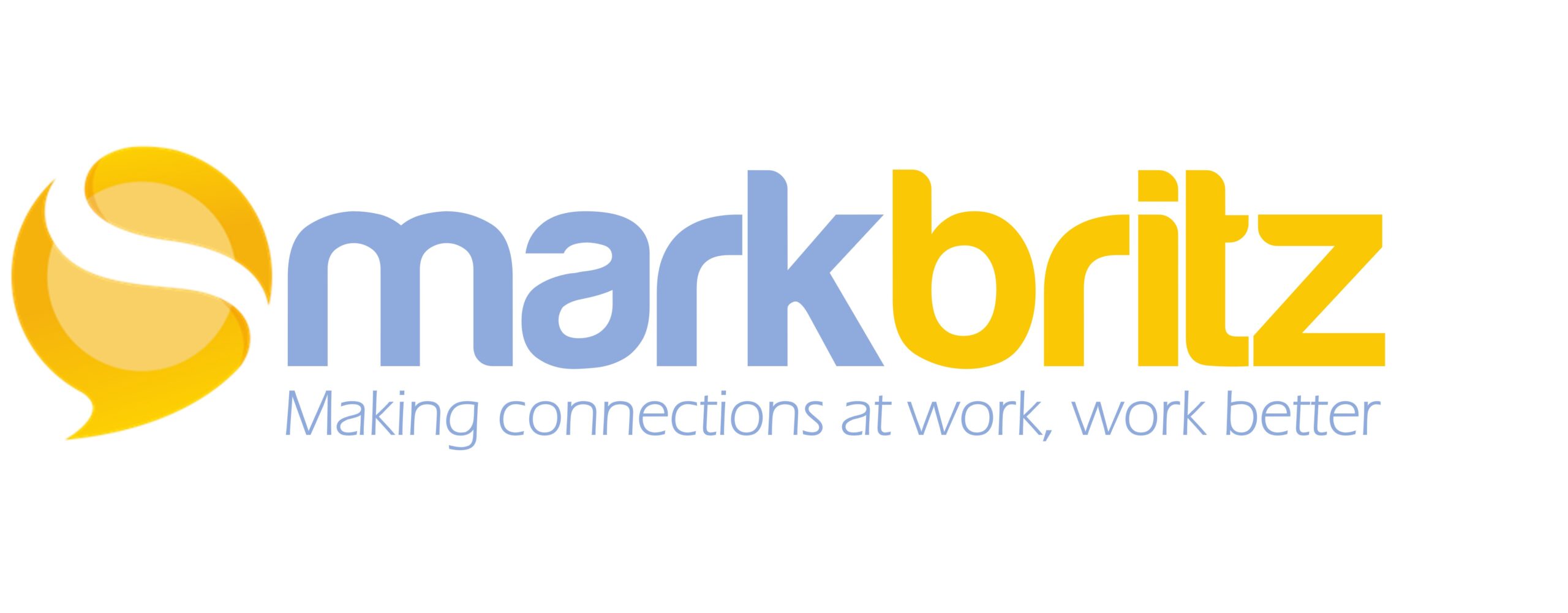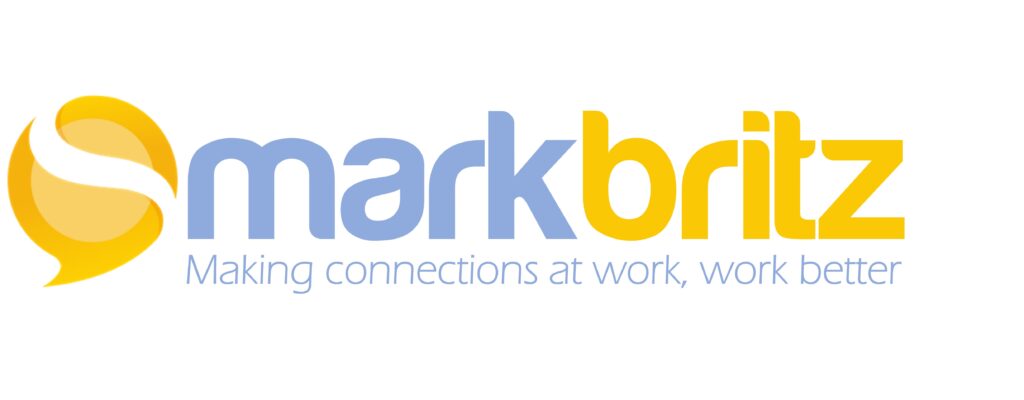Over that last few months a local workshop for non-profits has been gathering weekly. Around 80 people from various organizations are involved. The hosts invited everyone early on to join Slack to apparently be leveraged between live sessions and carry on the dialog (I say apparently as this was not actually articulated).
After several weeks, 10 people have posted once… each. Three of the 10 were the hosts. It’s a ghost town. Go figure.
This isn’t really about Slack though…but it is. You see, Slack is often chosen because it’s free and it’s supposed to be simple and fun. It’s the gold standard for chat today. Every start-up is running to it – the “email killer”. But that doesn’t make it right for everyone or every situation and simple and fun doesn’t equate to adoption, that my friends is a people issue. But an even bigger problem than this group failing to connect with Slack is that many will walk away blaming the tool.
The reaction by this group is inevitably one of Slack is stupid. And for many that’s it, the social soup is spoiled. Wrong tool, wrong reason (if any reason), poor planning, poor implementation, and poor support. Bolting it on and flicking the switch works for very little with the exception of an electric light. Many will leave this half-baked effort viewing all enterprise social tools and efforts as pointless voids and frustrating time wastes. So next time the opportunity arises, it will likely be met with a “oh yeah, we tried social media. It didn’t work” response, making sincere efforts all the more difficult due to the often impenetrable wall of first impressions.
This is ultimately a failure of expectation, or a failure because there was an expectation that connection, conversation and collaboration are easy because you’ve employed simple technology. Thanks to all who leap before they look…
Just because the tools are getting simpler to use, more natural, and common place and even with a lot of fun buzz and hype – it doesn’t mean it’s going to “work” out of the box. It is still and always will be people and purpose, trust and not technology that drives the social engine.

